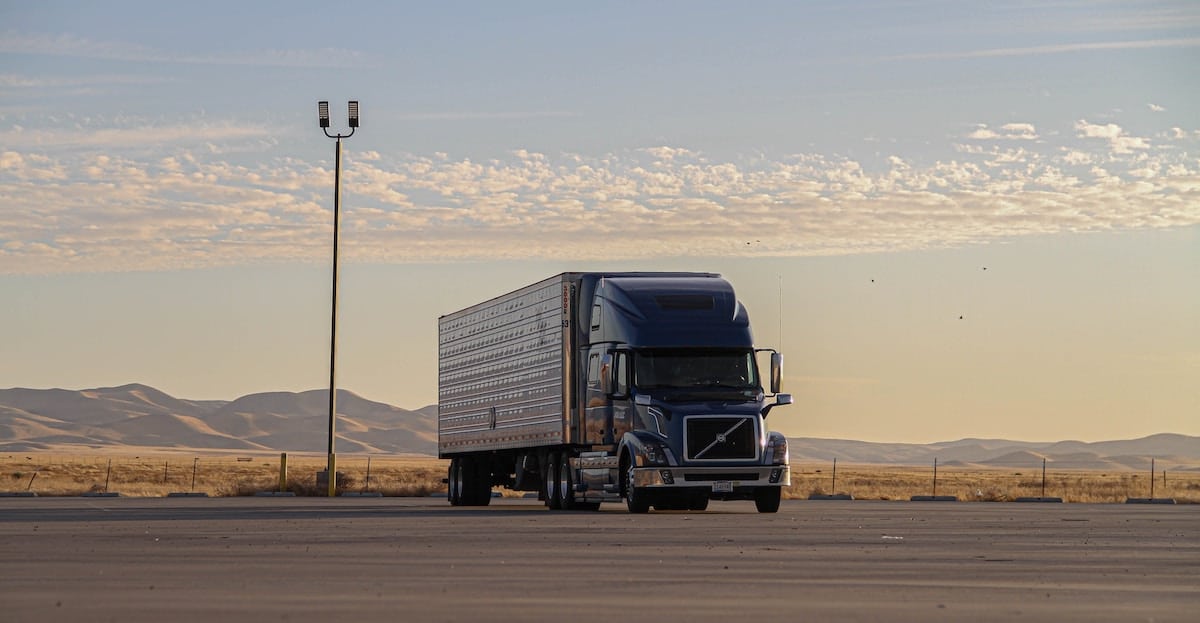Table of Contents
In the bustling city of San Diego, commercial truck accidents can have devastating consequences, impacting lives and livelihoods. According to recent statistics, San Diego has witnessed a significant increase in truck accidents over the past year, highlighting the urgency of addressing these incidents’ legal complexities. When such unfortunate events occur, the legal landscape becomes intricate, with vicarious liability playing a pivotal role in determining responsibility beyond the individual driver. Vicarious liability refers to the legal principle that holds the employer or hiring company accountable for their driver’s actions, potentially expanding the scope of liability. As the complexities of these cases unfold, understanding how vicarious liability operates in the context of truck accidents becomes paramount for accident victims seeking justice and rightful compensation.
For those affected by truck accidents in San Diego, navigating the legal complexities requires the expertise of a dedicated San Diego truck accident law firm. The experience and knowledge of skilled attorneys can be instrumental in building a solid case, identifying liable parties, and seeking the maximum compensation possible for victims. By collaborating with a trusted San Diego truck accident law firm, victims can focus on their recovery while having the assurance that their legal rights are being advocated for with diligence and care.
Vicarious Liability in Truck Accident Cases:
In a truck accident, vicarious liability can hold the employer responsible for the driver’s actions. Exploring the key factors and legal implications surrounding this concept sheds light on the complexities accident victims may face while seeking rightful compensation. Let’s delve into the crucial aspects that determine the scope of liability and the responsibilities of trucking companies in ensuring safety and competence.
- When a truck accident occurs, vicarious liability can arise under specific circumstances, involving the truck driver’s employer being held accountable for the driver’s actions.
- The legal doctrine of “respondeat superior” holds the employer liable for the employee’s actions while performing work-related duties.
- The driver’s employment status as an employee or independent contractor is critical, as it determines the extent of the company’s control over its actions.
- The nature of the driver’s actions during the accident also plays a role in establishing vicarious liability. Work-related tasks or driving within assigned hours increase the likelihood of holding the trucking company liable.
- Trucking companies are responsible for ensuring driver competence and safety, including thorough background checks, adequate training, and proper fleet maintenance.
- Failure to fulfill these responsibilities can expose the company to vicarious liability if the driver’s negligence causes an accident.
Legal Implications and Challenges:
Vicarious liability allows accident victims to seek compensation from the driver and the trucking company, but it poses challenges in proving fault and requires skilled attorneys and compelling evidence. If you’re involved in a big rig truck accident, here are the legal implications and challenges:
- Vicarious liability has significant legal implications in truck accident lawsuits, allowing accident victims to seek compensation from the driver and the trucking company.
- Holding multiple parties liable may increase the chances of obtaining fair compensation for injuries and damages.
- However, pursuing claims against both the driver and the trucking company poses challenges, including identifying and proving the degree of fault of each party.
- Thorough investigation and evidence gathering are essential to establish vicarious liability.
- Trucking companies often have solid legal representation and insurance coverage, making it crucial for accident victims to have skilled attorneys to build strong cases.
- Gathering evidence from driver logs, maintenance records, employment contracts, and company policies is crucial to establishing liability.
- Expert witnesses, such as accident reconstruction specialists, are vital in providing compelling evidence.
- Successfully demonstrating the trucking company’s direct or indirect control over the driver’s actions during the accident strengthens the claim for vicarious liability.
The Role of Expert Attorneys:
Hiring experienced truck accident attorneys is essential for accident victims seeking compensation under vicarious liability. Skilled attorneys possess in-depth knowledge of trucking regulations and laws related to vicarious liability. They can navigate these cases’ complex legalities and build strong arguments against the driver and the trucking company. Expert attorneys can conduct thorough investigations, gather compelling evidence, and work with expert witnesses to establish liability and negligence effectively. By understanding the intricacies of vicarious liability and the responsibilities of trucking companies, attorneys can negotiate with insurance companies or represent their clients in court, seeking the rightful compensation that victims deserve. Successful examples of cases involving vicarious liability highlight the significant role that expert attorneys play in securing just compensation for accident victims, providing them with the financial support needed for their recovery and healing.
Conclusion
In the dynamic landscape of San Diego, vicarious liability is a crucial legal instrument that empowers victims of truck accidents and ensures fair compensation for their losses. By holding employers accountable for their drivers’ actions, accident victims can access the necessary resources and support to recover physically, emotionally, and financially. Moreover, the distinction between employees and independent contractors becomes pivotal in today’s evolving workforce, urging lawmakers and businesses to prioritize workers’ rights and safety. In the spirit of unity and inclusivity, let us strive to build a future where tragedies are mitigated, and accountability becomes a cornerstone of our shared responsibility to protect lives on the road. Together, we can create a safer, more compassionate world for all.


